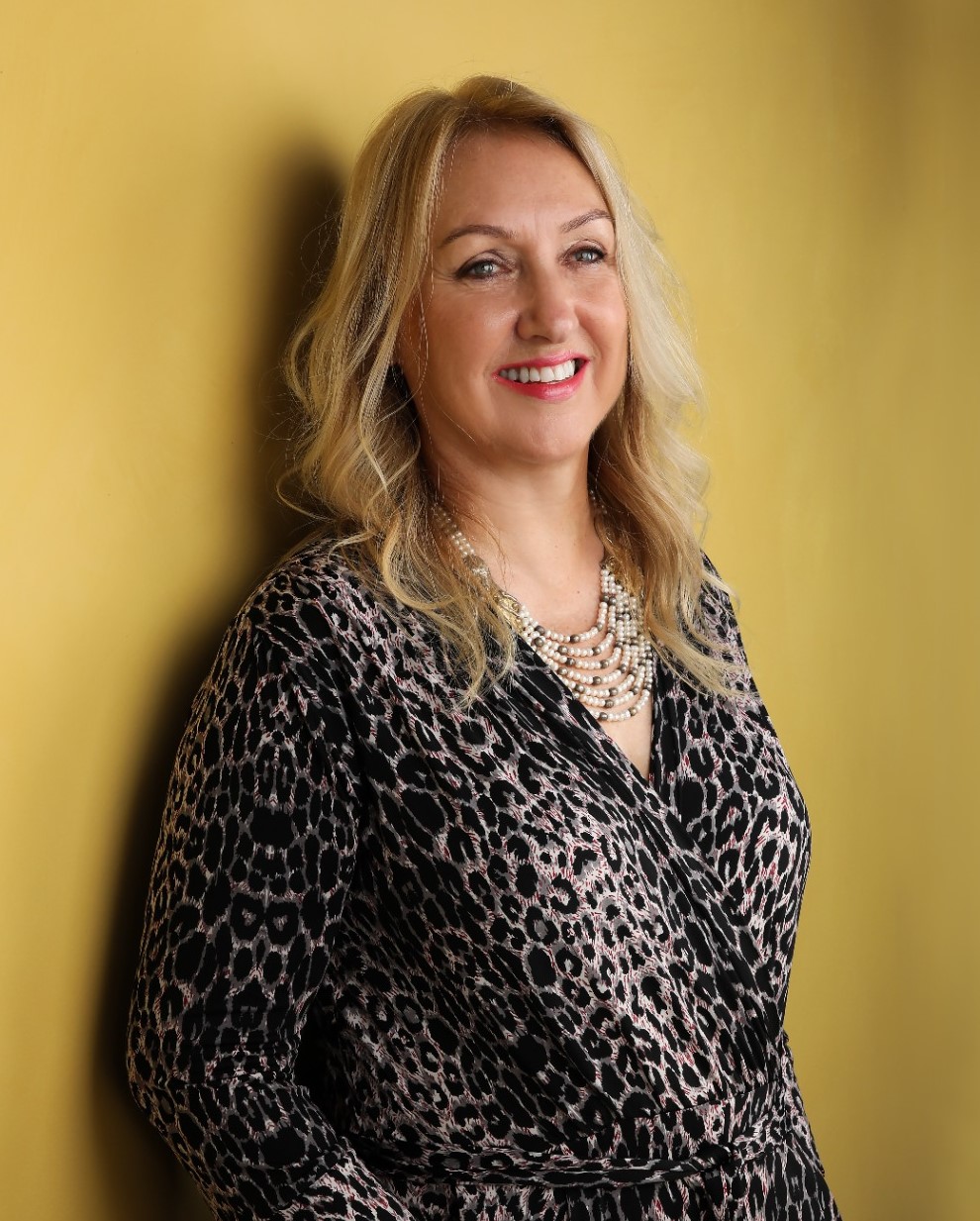About Me
Sheena is an occupational therapist with over 30 years of clinical experience. She specializes in sensory integration theory and child development. She is passionate about her unique learning development model, which uses the neuroscience of learning to support each child in developing their reading, writing, and counting skills.
Sheena has created effective programs for children of all ages in the UAE over the past 24 years. She has been instrumental in helping students develop the neurodevelopmental skills necessary for successful learning. She has provided support to students with developmental delays and learning challenges, helping them to develop appropriate academic, prevocational, life, and social skills.
Over the years in the UAE, she has developed a reputation that has brought families from other countries such as Germany, India, Saudi Arabia, Jordan, and Ireland to have their children enrolled in her programs. Currently, she operates across the UAE.
Before coming to the UAE, she worked for the Greater Glasgow Health Board and Strathclyde Regional Council in Scotland, Enfield Health Authority in London, and the Ministry of Health in Brunei, Southeast Asia. It was in Brunei that she developed a passion and an interest in Sensory Integration therapy and its benefits to children, which she has continued to build upon and develop after moving to the UAE.
For the last 24 years, she has also been providing training and workshops for teachers and parents in schools and nurseries. She has also given a lecture series at international events such as GETEX-Dubai (Gulf Education and Training Exhibition) and presented her articles and papers at International Conferences. She has been a guest speaker on various radio stations and TV programs (for Dubai One TV and City 7).
In her quest for quality professional services of the highest standards, she developed a relationship with the South African Institute of Sensory Integration (SAISI) in conjunction with the University of Southern California, with whom she began her lecturing career in Sensory Integration in 2009. This Internationally recognized training was provided every year in The Theory and Practice of Sensory Integration.
The programs she provides have successfully increased the learning capacity of children, increased their success in school, in sport, and in daily living. Sheena’s passion lies with working with children of all ages to help them become the best they can be.
Committed to
Helping your child shine in school and life
Your Child is born with a potential to learn. Developing your child’s learning skills requires a well developed sensory motor system. The sensory motor system is the neurological foundation of the brain and body that gives your child the skills for learning. Play is how a child develops the skills for learning. Children need learning skills for teachers to teach them. Children learn and teacher’s teach. Let’s explore how the sensory motor system of your child’s body develops the learning skills to improve their academic performance in school.

Successful Learners

Confident Children

Well Balanced Children

Life Achievers
Committed to
Helping your child shine in school and life
Your Child is born with a potential to learn. Developing your child’s learning skills requires a well developed sensory motor system. The sensory motor system is the neurological foundation of the brain and body that gives your child the skills for learning. Play is how a child develops the skills for learning. Children need learning skills for teachers to teach them. Children learn and teacher’s teach. Let’s explore how the sensory motor system of your child’s body develops the learning skills to improve their academic performance in school.

Successful Learners

Confident Children

Well Balanced Children

Life Achievers
Why you should choose us?
We have been here 23 years in the UAE supporting children to achieve their learning success in school. We use a professional holistic natural child friendly approach that addresses the foundations of learning and not just the outward signs and symptoms, for example a child who finds reading difficult may have poor visual perception.
Why you should choose us?
We have been here 23 years in the UAE supporting children to achieve their learning success in school. We use a professional holistic natural child friendly approach that addresses the foundations of learning and not just the outward signs and symptoms, for example a child who finds reading difficult may have poor visual perception.
What we offer
A natural play based holistic professional child and learning development service by experienced clinical experts
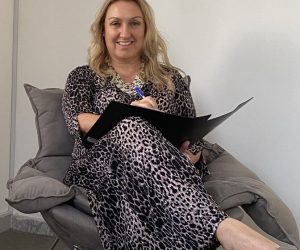
Initial Consultation
An important first step in supporting your child’s learning and development to provide a full history of your child and understand our therapy process
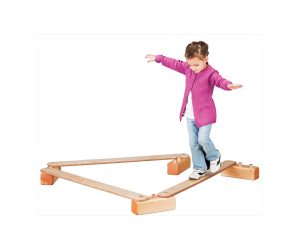
Screening
Does your 4 yr old have the skills to learn to read write and count ? Early identification of a delay can be developed through play to support your child's learning.
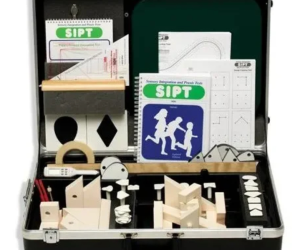
Assessment
Sensory Integration and Praxis Test Internationally standardized assessment for children in sensory motor development, language and learning
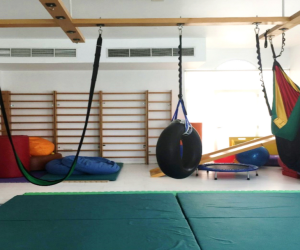
Sensory Integration
Sensory Integration therapy using non directive play therapy to support your child to develop the confidence and the skills for learning in a supportive fun environment
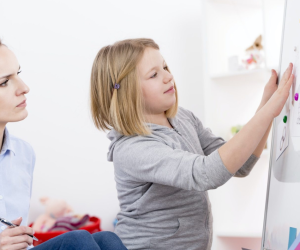
Therapy Programmes
Mulitdisciplinary team of health and education professionals to support your child's learning and developmental needs.

Nutrition and Bio
Health Counselling
Your child's brain loves to eat fat…..it's 70% fat. Please feed your child fat.The human body can heal itself given the right conditions.

Baby Programme
Premature babies and their parents need therapy and support to advance their development as they are at risk of developmental delay

Teacher Workshops
Teachers teach and children learn. Teachers are keen to learn how children learn to be able to support them in their learning journey in the classroom.
What Clients Say
Sheena has been advising me with my children. She has always been very objective and professional in her approach. She has supported our family a lot and given precious advice. I would recommend Sheena without hesitation to anyone who is looking for real solutions to improve their children’s life.
Sheena this is common sense ( My Pyramid) can I bring my brothers and sisters children to have them screened ?
I only wish I had found your service earlier.
‘I am forever grateful to have had the good fortune, that our son was able to benefit from these unique therapy services Sheena provides. Her research, vast experience and understanding of the complexities of early years child development is truly unique.
I have the utmost respect for the professional integrity of the therapy services Sheena has provided, after our son was diagnosed with dyspraxia. I was most impressed by her determination to find the underlying cause of difficulties our son experienced at school.
I’m very pleased with Saif’s experience at Wilson Centre, he is receiving the best care. I have seen quite a change in Saif after coming regularly to the Centre for the last 3 months. His reports are detailed, thorough and clear. I will definitely be continuing with them.
FAQ's
A professional comprehensive consultation takes 60-90 minutes. Its purpose is to get a full overview of your child’s birth, medical history, developmental milestones, academic ability, daily living activities and eating habits. A presentation of our philosophy and how we help children is provided as we require parents to be invested in the programme and to carry it over to the home. Children, unless small babies, are not required for the consultation. It is not appropriate to be discussing a child when they are listening, and they will get bored and parents will be distracted.
Emotional and behavioural challenges are often symptoms that a child’s sensory motor system is immature. A child’s self confidence and self esteem is dependent on a child achieving ‘Mastery over their daily living tasks’. When a child finds tasks challenging such as reading or writing or speech delay it can profoundly affect their self esteem and confidence and it manifests as emotional issues. A child may develop rituals or odd behaviors to attempt to create a sense of control over themselves and their environment. In many cases a delay in their sensory motor development is at the root of the emotional behaviours. Peeling the onion Is how I describe finding the root cause of the symptoms. Assessing their motor skills is the first step.
Our central nervous system is made up of nerve cells and 80% of these cells are sensory and 20% are motor. We are sensory beings and we all have sensory profiles. We have seven sensory receptors that take information into our brain to be processed to respond to our human and physical world. Seven sensory receptors are the eyes, ears, nose, mouth, skin, vestibular and proprioceptive systems. Some people love loud music others hate it, some people love to be hugged some don’t like it. We are all different, however a delay in the development of one or more of our sensory systems can negatively impact a child’s development. If a child is a fussy eater for example it may be because his skin hasn’t developed and he cant identify by touch what is in his mouth and then he will be very selective about what he will allow in his mouth. Our sensory receptors are like radar to protect us.
Our central nervous system is made up of nerve cells and 80% of these cells are sensory and 20% are motor. We are sensory beings and we all have sensory profiles. We have seven sensory receptors that take information into our brain to be processed to respond to our human and physical world. Seven sensory receptors are the eyes, ears, nose, mouth, skin, vestibular and proprioceptive systems. Some people love loud music others hate it, some people love to be hugged some don’t like it. We are all different, however a delay in the development of one or more of our sensory systems can negatively impact a child’s development. If a child is a fussy eater for example it may be because his skin hasn’t developed and he cant identify by touch what is in his mouth and then he will be very selective about what he will allow in his mouth. Our sensory receptors are like radar to protect us.
Normal is a very subjective term. Occupational therapy helps typical mainstream children develop the skills they need to learn and develop using specific types of play. The therapist analyses the play to identify how it supports a child’s development. For example playing on swings supports the inner ear development important for balance and this supports reading. Using sand or lego develops the skin and improves visual perception and provides the skills for reading. No child ever says I don’t want to play! Have you ever seen a child skipping along excited to get to a handwriting class ?
A screening is short, low cost and identifies if your child has developed the skills needed for successful learning. Every child is born with a cognitive potential however it’s their sensory motor development that is important to achieve their potential. The earlier a gap in your child’s development is identified the earlier it can be addressed and developed. Screenings can be done from age 4 years and onwards. Identifying any delay in your child’s development at age 4 can prevent heartache when they are older and have academic challenges which overflows into emotional and behavioral challenges. Screenings are for every child as the delayed development is not obvious. A child who is having obvious challenges with development and learning need an assessment. An assessment is more detailed than a screening and will provide a baseline for their development , indicate what help they require and is important for measuring progress.
A child has a lot of rapid development in the first 4 years. A baby doubles the size of their brain in the first year of life. The optimum window for speech development is the first 4 years of life. Early intervention to support your child’s development is critical for a positive outcome. Getting advice from an occupational therapist and or a speech therapist is better than waiting and hoping. Your child may just need some additional support and the earlier you start the better the outcome. A child has a blueprint to be developed, every child is born with a potential, with the right input you can achieve a great outcome.
Speech delay in a child is a symptom that there is a delayed development in your child’s sensory motor system. Speech delay is not the problem it is a symptom of a developmental delay. How do children develop speech? Firstly can they hear? Check their hearing. Deaf children cant talk. Maybe they can hear but the sound is not getting into the brain. You can check with a test from the ENT dept. The mouth is a muscle, How is your child’s motor skills? Can he chew, can he blow bubbles? The ability to move and control your mouth depends on your ability to feel it from the skin. If your child is not feeling his mouth properly he will struggle to plan his movements to create sounds words and sentences. Speech development comes from the sensory motor development of the body. From the sound going in the ear to be processed and expressed motorically from the mouth in a sequence is a complex process requiring the development of the ear and mouth structures. Hence the need to use sensory integration through play to develop these structures and processes.
A child’s ability to learn in school is not directly related to their IQ score. Every child is born with an IQ potential however if their sensory motor system is not developing as expected your child may struggle with reading, writing, paying attention for example. A student was referred with an IQ of 141(100 is average) who could not write and was clumsy and unco-ordinated. His sensory motor system was not developing efficiently. Using sensory integration therapy he was able to write and play sport well.
If playing with a child solved every child’s developmental or learning challenges every child would sort their own developmental challenges without any help from an Occupational therapist. ‘Just Playing’ looks easy however there is a lot more to it than it looks. An Occupational therapist using a sensory integration framework combines this neuroscience with the psychotherapeutic approach of non directive play therapy. Let me unpack that in straightforward terms. Neuroscience is how the human body develops ie the nuts and bolts of the sensory motor system. Non directive play therapy is how the therapy is delivered. A Sensory Integration play room is a place with specific equipment where a child can explore without demands or judgement. The child takes the lead. The therapist follows and facilitates the play. Children need to feel safe to explore and play without judgement. Observing what a child wants to play with communicates to us what they need to develop and equally what a child ignores tells us what they have not yet developed. Play is a powerful way for children to communicate their needs. Facilitating a child exploring and succeeding with their play is called the just right challenge and gives children the confidence to explore and develop the skills needed for learning. Assessing the child’s sensory motor developmental needs combined with analyzing their play to achieve their developmental goals is a science and an art. The therapist’s expertise along with a powerful medium of play develops a child’s skills for learning.
Play is a powerful way to support a child’s physical, emotional and cognitive development
Blogs


